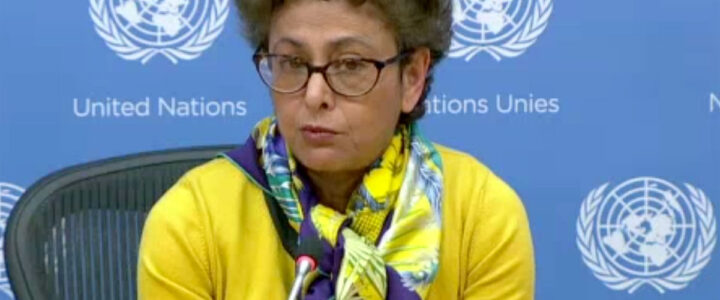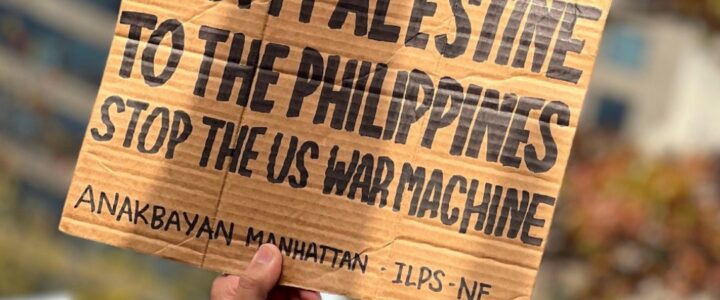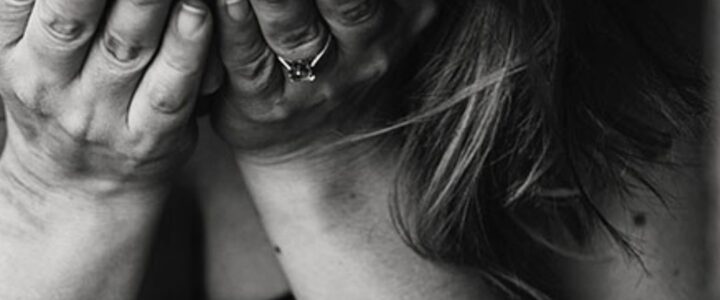The Center for Women’s Resources welcomes the visit of UN Special Rapporteur Irene Khan to the Philippines. CWR recognizes this as an opportunity to emphasize the need to protect and uphold the right to freedom of opinion and expression for Filipino people, especially of marginalized women and women human rights defenders. These fundamental rights serve as cornerstones in the advancement of women’s development and the safeguarding of women’s human rights within democratic societies.
In the Philippines, women who speak up face significant risks. Even voicing demands for jobs, livelihood, access and control over land and other resources, access to health and education services, can lead to persecution. These women are attacked and harassed for being members and leaders of organizations, associations, and unions that oppose state’s anti-people policies and actions. They face constant surveillance, arbitrary arrests, and unfair trials, all aimed at silencing their voices and undermining their work.
Restrictive laws such as the Anti-Terror Law (ATL), the creation of NTF-ELCAC and the continuing implementation of Executive Order 70 enables and exacerbates the risks faced by women human rights defenders. This stark reality persists despite international and national commitments, including recommendations under the UPR, CEDAW, and SDGs.
In a span of one year, from July 2022 to June 2023, eight (8) women, mostly peasant and rights activists, have fallen victims to political extrajudicial killing. Three women have been forcefully disappeared, including peasant rights advocates Elgene Mungcal and Ma. Elena Pampoza. Illegal arrest on trumped up charges also continues.
According to Karapatan, in July 2022, 13 human rights defenders in the Southern Tagalog region were slapped with charges under the ATL. This includes a 19-year-old woman, Hailey Pecayo, coordinator and paralegal of Tanggol Batangan. Pecayo joined a fact-finding mission to look into the killing of 9-year-old Kyllene Casao by suspected military elements in Taysan, Batangas. Also facing charges under ATL is Jasmin Rubio, secretary-general of Mothers and Children for the Protection of Human Rights.
It is crucial to note that these women human rights defenders are leaders in their respective communities, they are farmers, workers, indigenous people, who have long experienced discrimination and rights violations, and thus know and hold the solution to the current economic and social crisis that we are facing. As key stakeholders, WHRDs are uniquely positioned to advocate for solutions that will ensure women’s democratic rights.
In time for UN SR Irene Khan’s visit to the Philippines, we demand urgent attention and action to address the challenges faced by WHRDs and ensure that women’s voices are not silenced:
1. Address the culture of impunity surrounding attacks on women human rights defenders. Investigate and prosecute perpetrators to ensure accountability and justice.
2. Repeal repressive laws such as the Anti-Terror Law (ATL) that curtail freedom of opinion and expression. Steps must be taken to ensure freedom to hold opinions without interference and to seek, receive and impart information and ideas through any media, and regardless of frontiers, as stipulated in the Universal Declaration of Human Rights. Ensure that laws and policies align with international human rights standards and do not hinder the work of women human rights defenders.
3. Implement comprehensive mechanisms to protect women human rights defenders. Foster an environment that encourages open dialogue and inclusivity, ensuring that women’s voices, particularly those of marginalized groups, are heard and valued in decision-making processes.
As we strive for a society that upholds democracy and justice, we call on the Philippine government to take concrete steps to respect, protect, and promote women’s democratic rights. We hope that UN Special Rapporteur Irene Khan will hear the voices of marginalized sectors and women’s human rights defenders. We hope that she will incorporate their perspectives into her report, which should serve as the foundation for formulating recommendations to strengthen the protection of human rights in the Philippines.
Finally, we call on all Filipino people to remain steadfast in our commitment to pursuing our democratic rights. It is through our collective unity and shared struggles that we can guarantee its realization towards a just and democratic society. #





